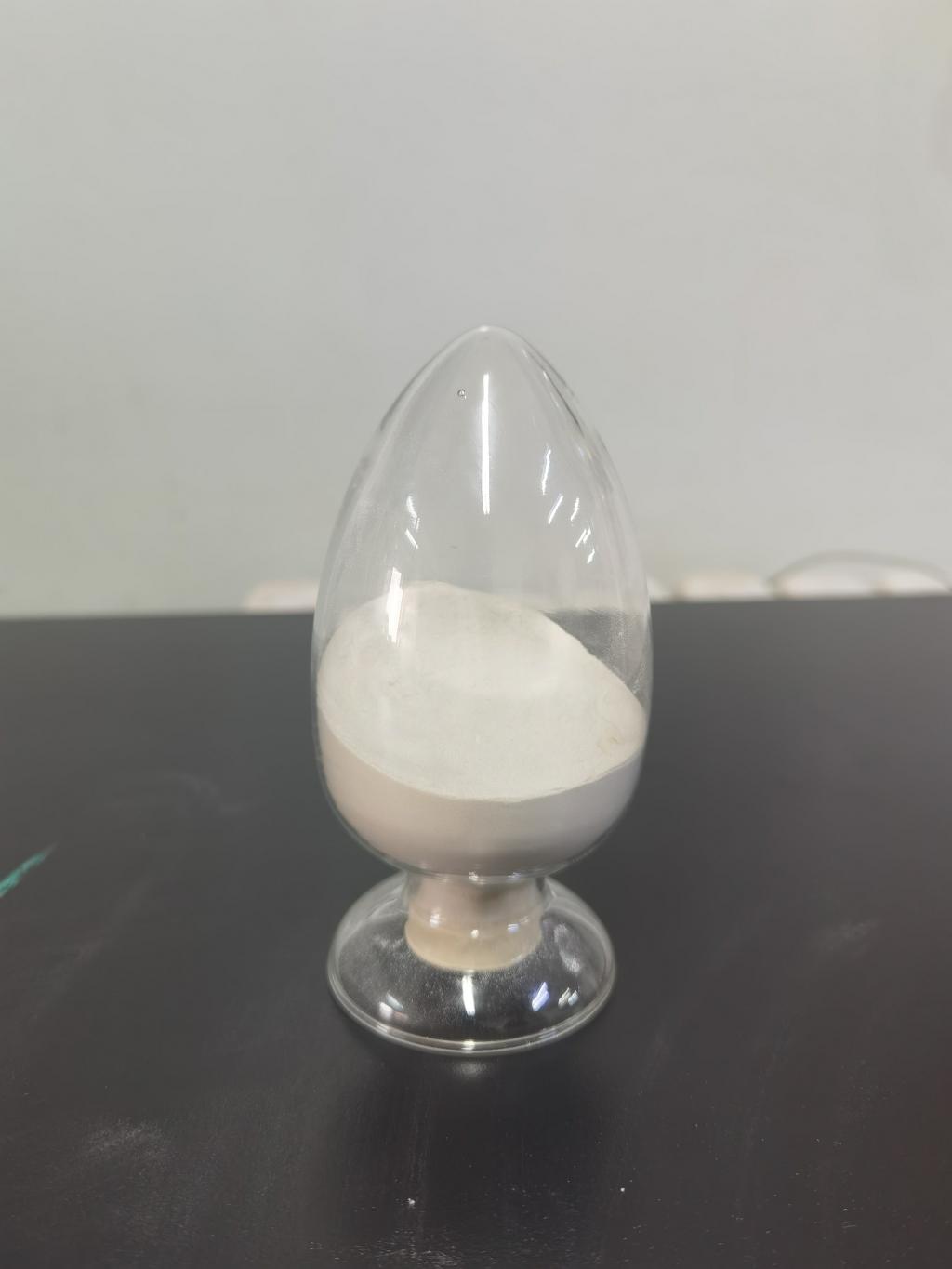Tel:+8618231198596

News
 CONTACT
CONTACT
 CONTACT
CONTACT
- Linkman:Linda Yao
- Tel: +8618231198596
- Email:linda.yao@dcpharma.cn
- Linkman:CHARLES.WANG
- Department:Overseas
- Tel: 0086 0311-85537378 0086 0311-85539701
News
Nisin's potential role in allergy-free food production.
TIME:2024-11-05
Understanding Nisin
Nisin is recognized for its ability to inhibit the growth of various foodborne pathogens and spoilage microorganisms. As a bacteriocin, nisin operates by disrupting bacterial cell membranes, making it an effective preservative. Its use in food production is approved by regulatory agencies in many countries, including the FDA, which recognizes it as safe for consumption.
Mechanism of Action
Nisin's mode of action is particularly relevant for allergy-free food production. By effectively controlling microbial growth, nisin extends the shelf life of food products without the need for synthetic preservatives, which can trigger allergic reactions in sensitive individuals. Additionally, its ability to maintain food safety can enhance consumer confidence in products marketed as allergen-free.
Allergen-Free Food Applications
Dairy Alternatives: The rise of plant-based diets has led to an increase in dairy alternatives, often made from nuts or soy, which can also be potential allergens. Incorporating nisin into these products can help ensure microbial safety without relying on allergens, making them suitable for a broader audience.
Packaged Meals: Ready-to-eat meals often face challenges with spoilage and food safety. By integrating nisin into these products, manufacturers can reduce the risk of microbial contamination, allowing for the reduction or elimination of other preservatives that may provoke allergies.
Meat Substitutes: The production of meat substitutes, often made from soy or wheat, can present allergenic concerns. Nisin can enhance the safety and shelf life of these products, providing an option for consumers seeking meat alternatives without the risk of allergic reactions.
Consumer Perception
As consumers become more health-conscious, transparency in food production is crucial. The use of natural preservatives like nisin can be marketed effectively to appeal to consumers looking for clean label products. By emphasizing that nisin is a naturally occurring ingredient, brands can enhance their credibility and attract allergy-sensitive consumers.
Future Directions
Research into the use of nisin in allergy-free food production is still evolving. Future studies could focus on optimizing nisin concentrations for various food applications, understanding its interactions with other ingredients, and exploring its effectiveness in different food matrices. Additionally, investigating the potential of nisin in combination with other natural preservatives may provide comprehensive solutions for allergen-free food production.
Conclusion
Nisin presents a viable solution for enhancing the safety and quality of allergy-free food products. Its natural antimicrobial properties can help manufacturers create delicious and safe options for consumers with food allergies, contributing to a growing market for allergen-free foods. As research continues to uncover its potential, nisin could play a pivotal role in the future of food production, ensuring that everyone can enjoy safe and flavorful meals without fear of allergic reactions.
- Tel:+8618231198596
- Whatsapp:18231198596
- Chat With Skype







